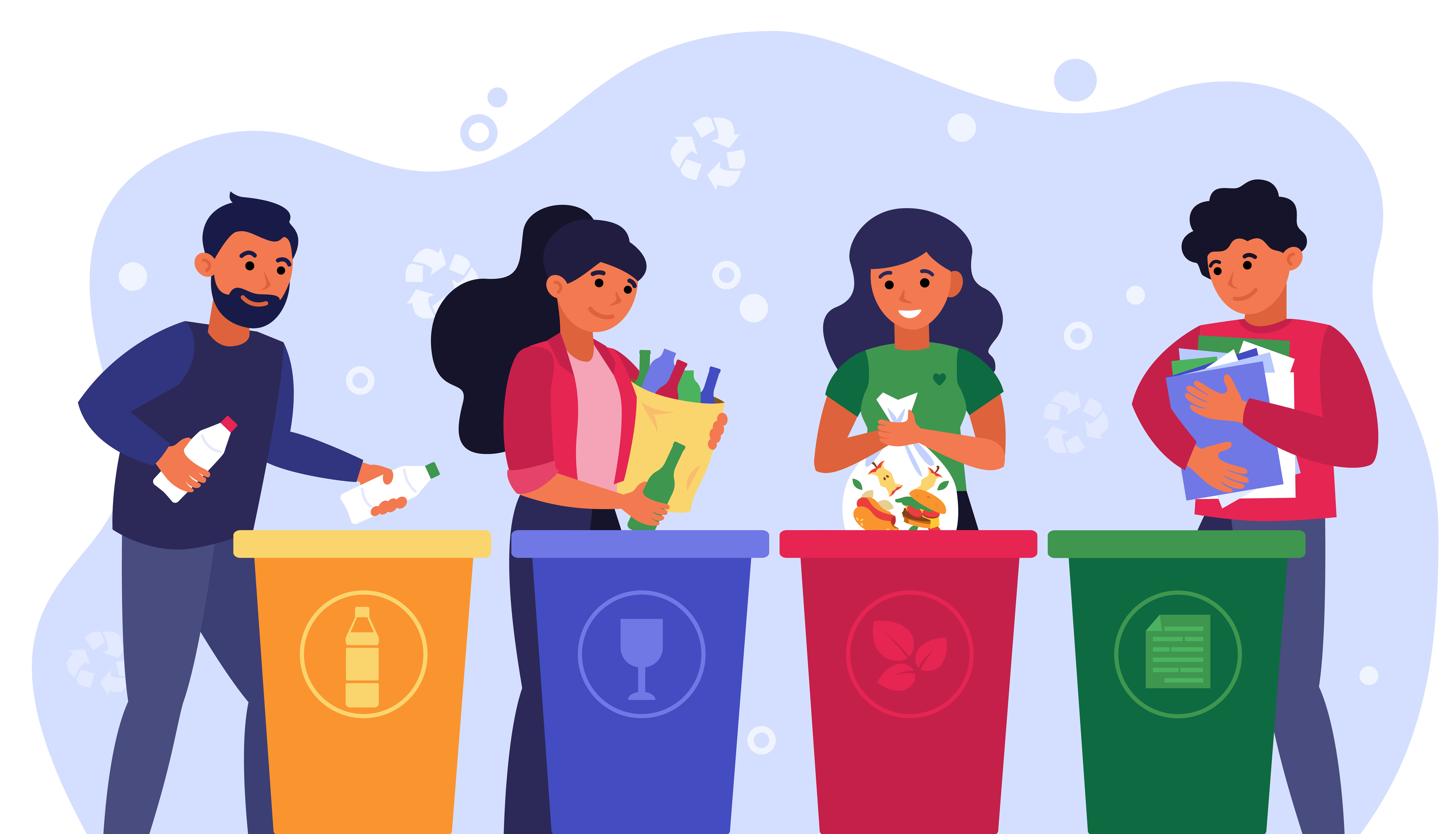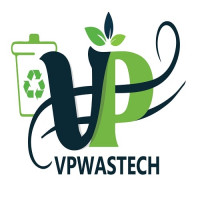A Beginner's Guide to EPR Compliance for Small Businesses in India

Strong 8k brings an ultra-HD IPTV experience to your living room and your pocket.
Starting and growing a business in India is an exciting journey. You've developed a product, found your market, and are focused on growth. But amidst this hustle, there's a crucial regulatory framework that many small and medium-sized enterprises (SMEs) overlook: Extended Producer Responsibility (EPR). If your business manufactures, imports, or sells products with plastic packaging or electronics, EPR is a legal mandate you cannot afford to ignore.
But what exactly is it? The term itself can sound intimidating, and the regulations can seem complex. This guide is designed to break it all down. We will provide a simple, step-by-step overview of EPR compliance for small businesses, helping you understand your obligations and how to meet them efficiently.
What Exactly is EPR and Who Needs It?
Extended Producer Responsibility is an environmental policy that makes the "producer" of a product responsible for its entire lifecycle, especially after it becomes waste. The core idea is to ensure that companies that introduce products into the market are also responsible for managing their collection, recycling, and responsible disposal.
This policy stems from the "polluter pays" principle. It aims to reduce the burden on municipalities and prevent waste from ending up in landfills, where it can harm the environment.
Who is considered a "Producer"?
In the eyes of the law, the term "producer" is quite broad. You need to comply with EPR if you are a:
Producer/Manufacturer: If you manufacture products that use plastic packaging or are electronic in nature.
Importer: If you import products with plastic packaging or electronics into India.
Brand Owner (BO): If you sell products under your own brand name, even if they are manufactured by someone else (white-labeling).
Plastic Waste Processors & Recyclers: They are also a part of the EPR ecosystem.
If your business falls into any of these categories, you are legally required to obtain an EPR Registration/Authorization.
**The Step-by-Step epr registration process
The journey to compliance begins with registration. Here is a simplified overview of the steps involved:
Step 1: Determine Your EPR Obligation
Before you register, you need to calculate your EPR target. This is the amount of waste you are responsible for managing in a given year. The calculation is based on the volume of plastic packaging or the weight of electronic goods you have introduced into the market in previous years. The specific formulas are detailed in the plastic waste management rules and e-waste management rules.
Step 2: Prepare Your Documentation
You will need a set of legal and business documents for the application. While the exact list can vary, it generally includes:
- Company's PAN, GST, and CIN details.
- Importer Exporter Code (IEC) if you are an importer.
- Details of the products you sell.
- An action plan outlining how you will meet your EPR target.
Step 3: Partner with a PRO or Recyclers
You don't have to collect and recycle the waste yourself. Most businesses partner with a Producer Responsibility Organisation (PRO) or certified recyclers. A PRO is an organization that manages waste on behalf of producers. You will need to sign formal agreements with them to fulfill your EPR obligation.
Step 4: Submit the Application on the CPCB Portal
Once you have your action plan and partners in place, you need to submit your application on the centralized online portal managed by the Central Pollution Control Board (CPCB). The application requires you to fill in all your details and upload the necessary documents.
Step 5: Obtain Your EPR Certificate
After a thorough review by the authorities, if your application is complete and correct, you will be granted your EPR Authorization. Many people ask, what is epr certificate? It is the official document that proves your business is compliant with the EPR framework, allowing you to operate legally.
Common Challenges Small Businesses Face with EPR
For SMEs, navigating EPR compliance for small businesses can be challenging. Some common hurdles include:
- Complexity of Rules: The regulations, especially the plastic waste management rules and e-waste management rules, are detailed and can be difficult to understand.
- Finding Reliable Partners: Identifying and verifying certified recyclers or trustworthy PROs can be a time-consuming task.
- Administrative Burden: The process involves significant documentation and requires filing quarterly and annual returns, which can be an administrative burden for a small team.
- Cost Implications: There are costs associated with registration, partnerships, and fulfilling the recycling targets, which need to be budgeted for.
Why Hiring an epr consultant Can Be a Smart Move
Given these challenges, many small businesses choose to work with an epr consultant. A consultant is an expert who understands the regulations inside and out and can manage the entire compliance process for you. Here’s why it’s a smart move:
- Saves Time and Effort: A consultant handles all the paperwork, follow-ups, and communication with authorities, freeing you up to focus on your core business.
- Ensures Accuracy and Avoids Penalties: They ensure your application and reports are accurate and submitted on time, protecting you from heavy penalties for non-compliance.
- Provides a Network of Partners: Established consultants have a network of verified recyclers and PROs, making it easy for you to find the right partners.
- Strategic Guidance: They provide strategic advice on how to reduce your waste, choose sustainable packaging, and manage your compliance costs effectively.
Conclusion: Compliance as a Business Advantage
Extended Producer Responsibility is a reality of doing business in India today. While the epr registration process might seem complex initially, it is a crucial step towards building a sustainable and legally compliant business. For SMEs, viewing EPR not as a burden but as an opportunity to build a responsible brand can be a powerful differentiator.
By understanding your obligations, preparing properly, and seeking expert guidance when needed, you can navigate your compliance journey smoothly and contribute to a cleaner, greener India.
This guest post was written by the team at VP Wastech, a leading waste management company that helps businesses across India navigate their environmental compliance. If you have questions about EPR, our expert epr consultant team is here to help.
Note: IndiBlogHub features both user-submitted and editorial content. We do not verify third-party contributions. Read our Disclaimer and Privacy Policyfor details.


